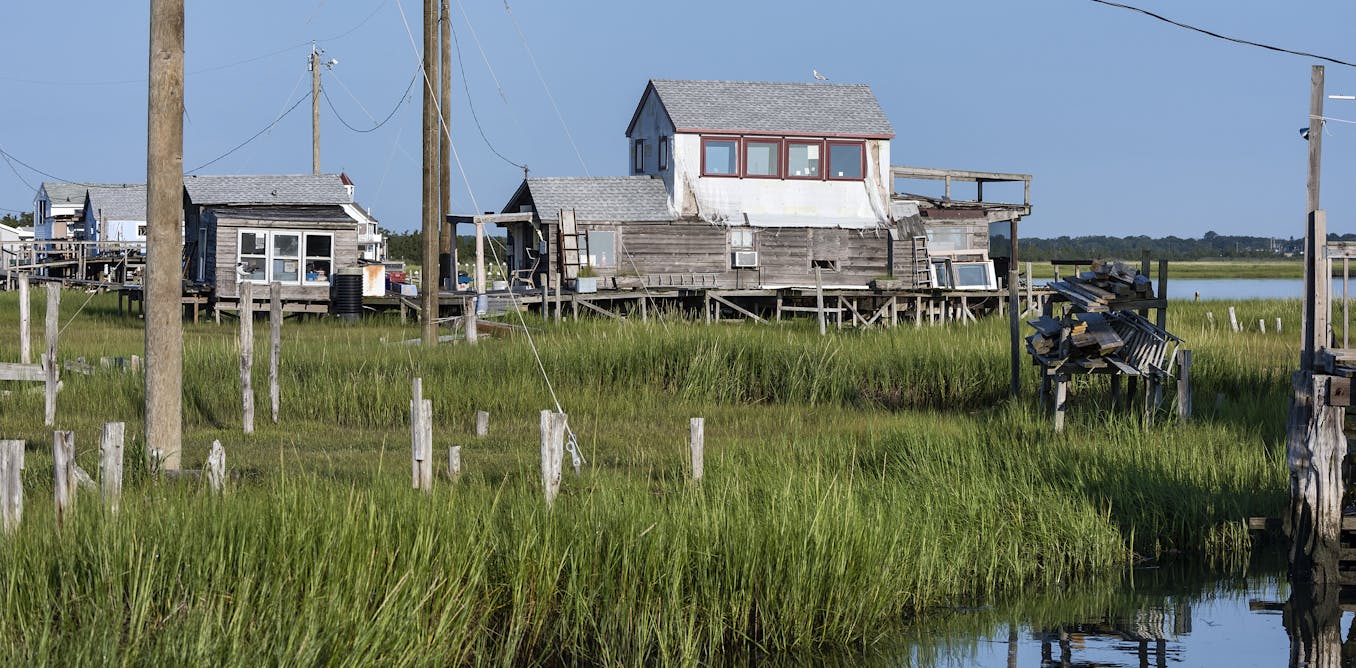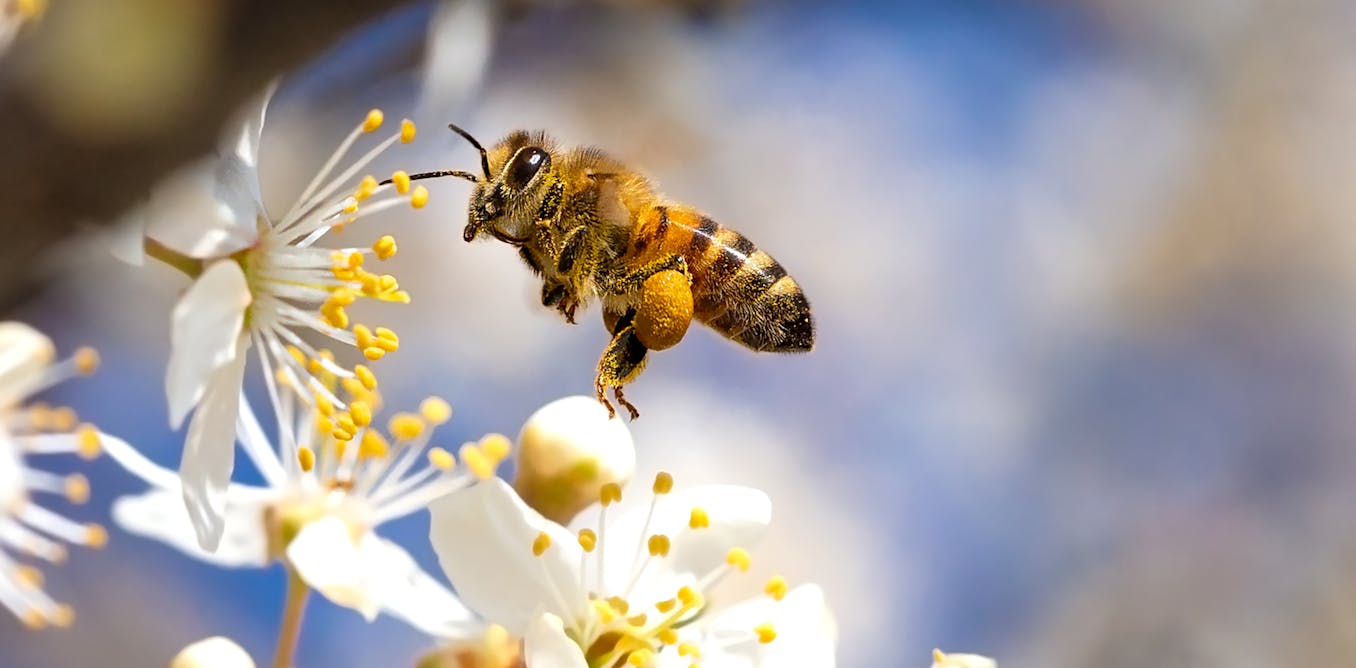As US ramps up fossil fuels, communities will have to adapt to the consequences − yet climate adaptation funding is on the chopping block
The administration wants to cut funding for programs that help communities adapt to wildfire risk, sea-level rise and invasive species, among many other risks.
May 12, 2025 • ~9 min







